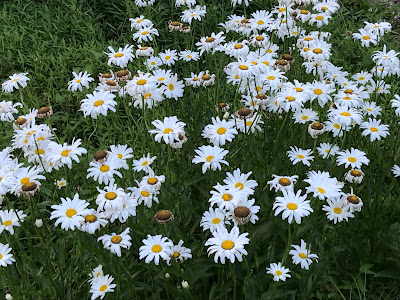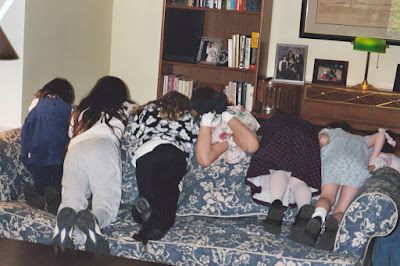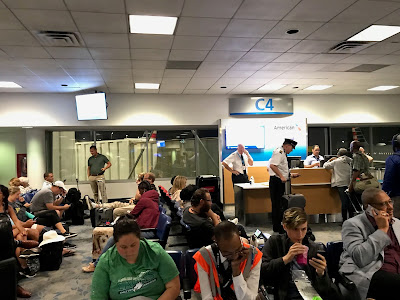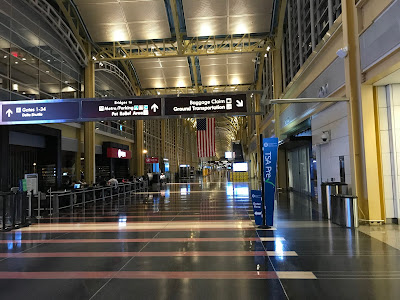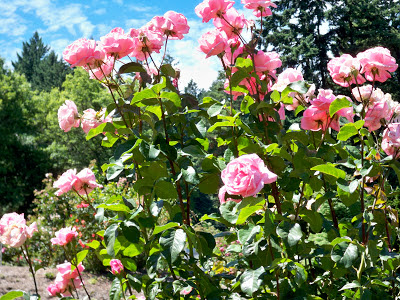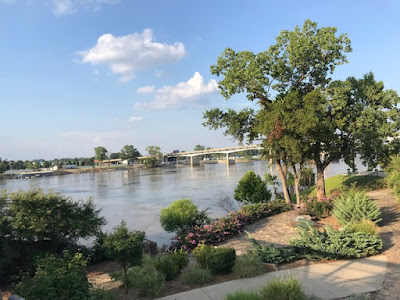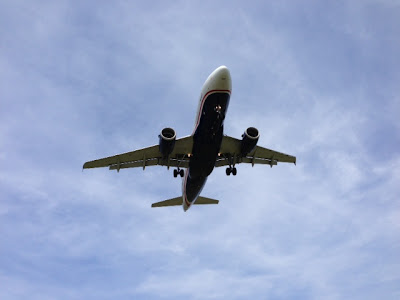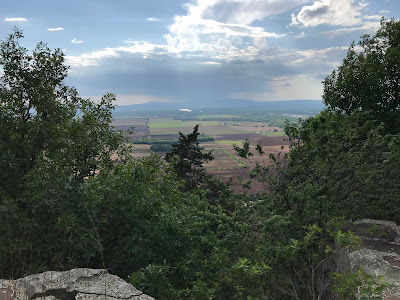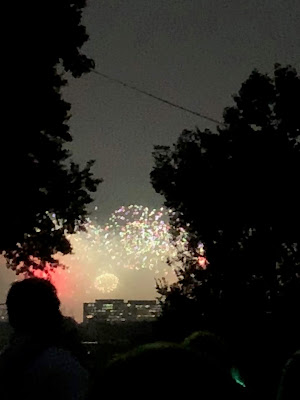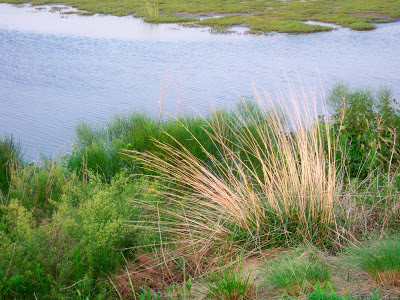Writing a Life
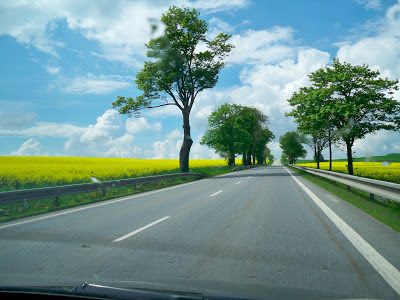
An article in yesterday’s Washington Post says that writing a narrative of one’s life helps prepare one for death. It makes sense to me. But I would amend it slightly to say that writing a narrative of one’s life prepares us for … life!
I’ve been keeping a journal since high school, and wouldn’t trade those books for anything. They are a motley bunch of spiral-bound and hardbound volumes, with writing cramped and tiny or loose and free depending on my mood. They preserve more than I could ever remember — and quite a bit I’d rather forget. But they are a record of my life, for good or ill, and as such are valuable to me.
An expert quoted in the Post article mentions that merely listing one’s life events doesn’t work. It’s creating the narrative that brings perspective, linking one incident, one person, to another, a chain of belonging, a chain of being.
In other words, it’s figuring out the question that Charles Dickens so aptly asks at the beginning of David Copperfield. “Whether I shall turn out to be the hero of my own life, or whether that station will be held by anybody else, these pages must show.”
(If life is a journey, it is also a narrative.)
